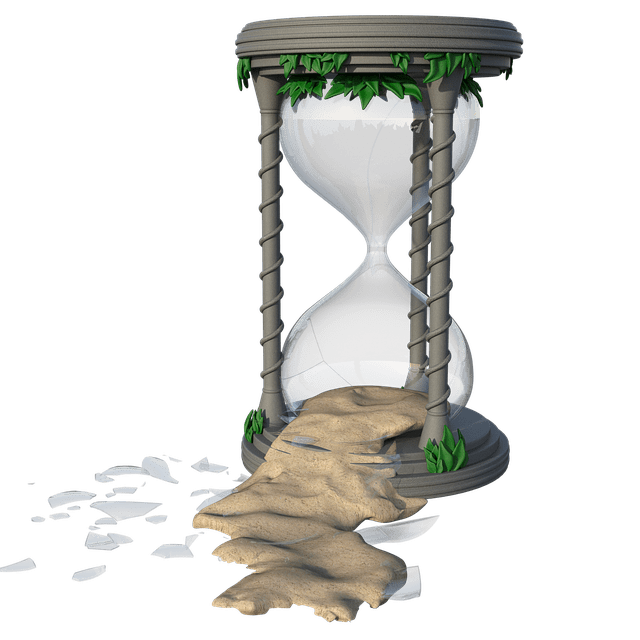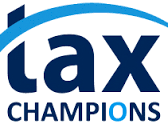File Back Tax Returns: Fast Facts

Once you miss a tax filing deadline, the Internal Revenue Service (IRS) can seem intimidating. But there are remedies for missing a tax deadline. The best thing to do is prepare and file back tax returns as soon as possible. Do you have more questions? Read further for more information.
What Does “File Back Tax Returns” Mean?
Short Answer:
It means to submit a late tax return to the IRS.
More Information:
Every taxpayer that needs to file a return must do so by the annual tax deadline. Generally, taxpayers don’t have to worry about the IRS dragging them to jail if they don’t submit their returns on time. In fact, it’s likely you won’t even hear from the IRS right away.
The IRS doesn’t send a reminder to submit your tax return. They don’t send late notices for returns they don’t receive. They commonly just allow you to accrue penalties and interest if you owe taxes and don’t file on time.
Who Should File Back Tax Returns?
Short Answer:
Every taxpayer should file back tax returns if they should’ve filed by the deadline.
More Information:
A common misconception is that taxpayers who expect a refund don’t have to file a return. Regardless of whether you expect a refund, you need to file a tax return by the deadline if you meet the requirements laid out by the IRS.
That’s because IRS will not issue your refund without a tax return. The IRS will also charge an aggressive penalty until you file the late return. If you owe taxes, the IRS will assess an additional penalty for paying your taxes late.
What if You Have to File Back Tax Returns from a Long Time Ago?
Short Answer:
The IRS will likely only need to see the last 10 years.
More Information:
The IRS has no hard and fast rules on how far back they need you to go when filing back taxes. In fact, it’s not far-fetched to think that they could ask for all years that you haven’t filed.
However, it’s more likely that the IRS will request the last 10 years of tax returns. They usually don’t ask taxpayers to file back tax returns from 11 or more years ago.
What if I Owe Money After I File Back Tax Returns?
Short Answer:
You can pay it when you file your tax return, or you can request a payment plan from the IRS.
More Information:
It may be somewhat tempting to wait to file back tax returns until you can afford to pay the tax you owe. However, it’s in your best interest to file as soon as you can. The Failure-to-File penalty is more expensive than the Failure-to-Pay penalty.
The IRS will assess both penalties if you miss your filing deadline and you owe taxes. You may be able to arrange a payment agreement with the IRS to pay your balance.
What if I Don’t File Back Tax Returns at All?
Short Answer:
The IRS will file a substitute return on your behalf.
More Information:
The IRS receives information from your employer about your income over the year. The IRS uses this information to file a return on your behalf. They’ll hold you liable for the tax balance on the substitute return.
The substitute return isn’t in the best interest of the taxpayer. According to the IRS, “This return might not give you credit for deductions and exemptions you may be entitled to receive.” In other words, you’ll owe more in taxes with substitute returns than you would if you file back tax returns on your own.
Who Should I Talk to if I Need Help Filing Back Tax Returns?
Short Answer:
Call Tax Champions at 805.639.0841. We’ll discuss the details of your case for free.
More Information:
Tax Champions has over 35 years of experience helping people and small businesses file back tax returns. One of our knowledgeable tax professionals will discuss your case with you for free.
By the end of the first conversation with us, you’ll have a clear path of resolution laid out for you. You’ll know how to do them on your own, how we can help you, as well as be able to ask any questions you have. Call us today and sleep better tonight.
Sources
[1] “Filing Past Due Tax Returns.” Internal Revenue Service, 23 Sept. 2020, www.irs.gov/businesses/small-businesses-self-employed/filing-past-due-tax-returns.
[2] Hill, Claudia, et al. “Dealing with SFRs and ASFRs – Substitutes for Returns – IRC 6020(b).” IRS, 2013, Dealing with SFRs and ASFRs – Substitutes for Returns – IRC 6020(b).
